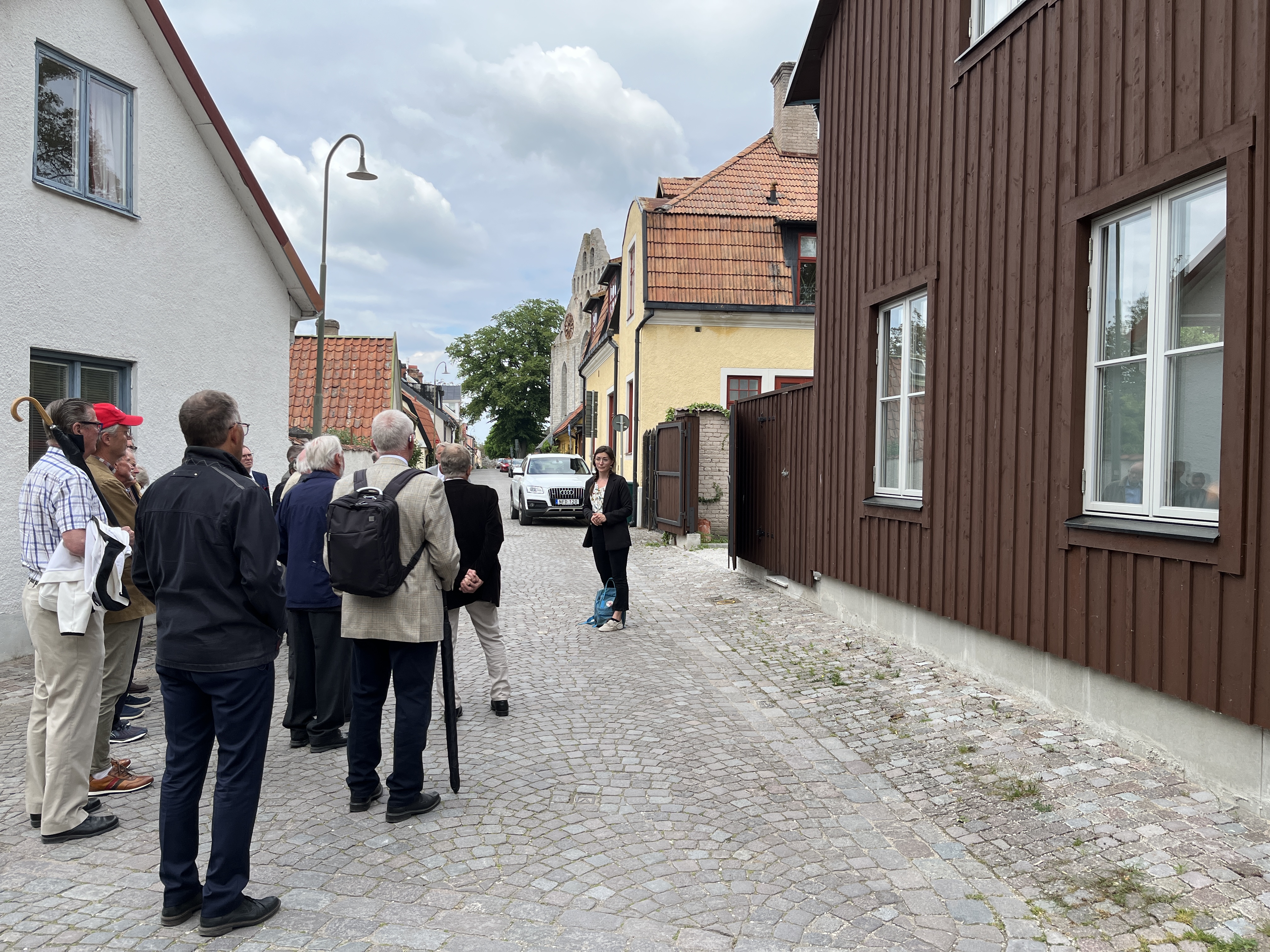Culture & Nature | Connecting Practice - Phase IV: Final Report available
Following the successful work done in the first three phases of Connecting Practice, ICOMOS and IUCN are pleased to share the results of the fourth Phase of the Connecting Practice project.
Connecting Practice is a joint exploration by ICOMOS and IUCN aimed at learning and developing new approaches that recognise and harness the interconnection of natural and cultural values of highly significant heritage landscapes and seascapes to achieve more effective, creative and inclusive ways to maintain their heritage significance.
Four phases have been implemented since Connecting Practice began in 2013. Each phase has contributed to increasing the awareness among heritage management actors about the close interrelations of the natural and cultural dimensions of heritage places and of the need for joint approaches in their protection and management. Multi-disciplinary fieldwork, resulting in collective experiential learning, has always been an integral part of the Connecting Practice working methods.
Phase IV built on the insights and outcomes of Phase III, which explored whether and how resilience thinking approaches could be operationalised to better understand: (1) the interrelations among natural and cultural dimensions of heritage places; (2) the dynamics of change at the place level and (3) how to conceive and understand the possibility of very different futures for a heritage place.
Wayfinder Heritage
During this fourth phase, the participants have worked to adapt the Wayfinder guide in order to create a new framework called Wayfinder Heritage, for the use of professionals in the heritage conservation field. The Wayfinder guide is a free and open online platform that was launched in 2020 for resilience practice in social-ecological systems, created by an international group of resilience experts, from Stockholm Resilience Centre, Resilience Alliance, and the Australian Resilience Centre.
The Wayfinder Heritage was conceived as a ‘resilience thinking framework’, aimed at supporting long-term planning strategies for World Heritage properties and other heritage places. It promotes discussion about what future is envisaged for a heritage place by expanding heritage management planning to include 20-year, 30-year, and longer horizons. Such strategies help tackle existing and anticipated management challenges that require a long-term perspective, as well as direct multiple continuous actions such as climate change adaptation and mitigation, changing population dynamics, or large-scale conservation works following disasters. The Wayfinder Heritage guides managers and other heritage custodians through a participatory process towards preparing a long-term strategy to influence desired change in a heritage place.
Test phase in Sweden
The Wayfinder Heritage framework was explored and tested during four workshops in 2022, at the World Heritage property of Hanseatic Town of Visby on the island of Gotland, Sweden. To reach its full potential, ICOMOS and IUCN are keen to support further testing of the framework at other heritage places.
Throughout its four phases of implementation, Connecting Practice has confirmed that its uniqueness lies in being a think–tank, an innovation platform for developing and testing new ideas; its outcomes form an experimental basis that can be further developed and operationalised through other projects and platforms within the World Heritage system and beyond.
Since 2013, the Connecting Practice community has grown, with more and more professionals and site managers who share the vision and the ambitions of the project becoming involved in its activities. Reaching out to other organisations and research centres, such as the Stockholm Resilience Centre, has greatly contributed to the multi-disciplinary nature of the project.
This report focuses on the work carried out to create the Wayfinder Heritage, discussing the work methodology, the results obtained, the lessons learned and the challenges encountered in the implementation of this phase of the project.
________________________________________________________________________________
ICOMOS and IUCN are grateful for the Christensen Fund’s continuing support since the beginning of the project in 2013. We are also thankful to the Stockholm Resilience Centre, for having generously provided their time and expertise throughout the implementation of this fourth phase of the project.
![]() Download the Connecting Practice - Phase IV: Final Report
Download the Connecting Practice - Phase IV: Final Report
![]() Download the Wayfinder Heritage framework
Download the Wayfinder Heritage framework
See also:
![]() Read the report for Connecting Practice - Phase I
Read the report for Connecting Practice - Phase I
![]() Read the report for Connecting Practice - Phase II
Read the report for Connecting Practice - Phase II

